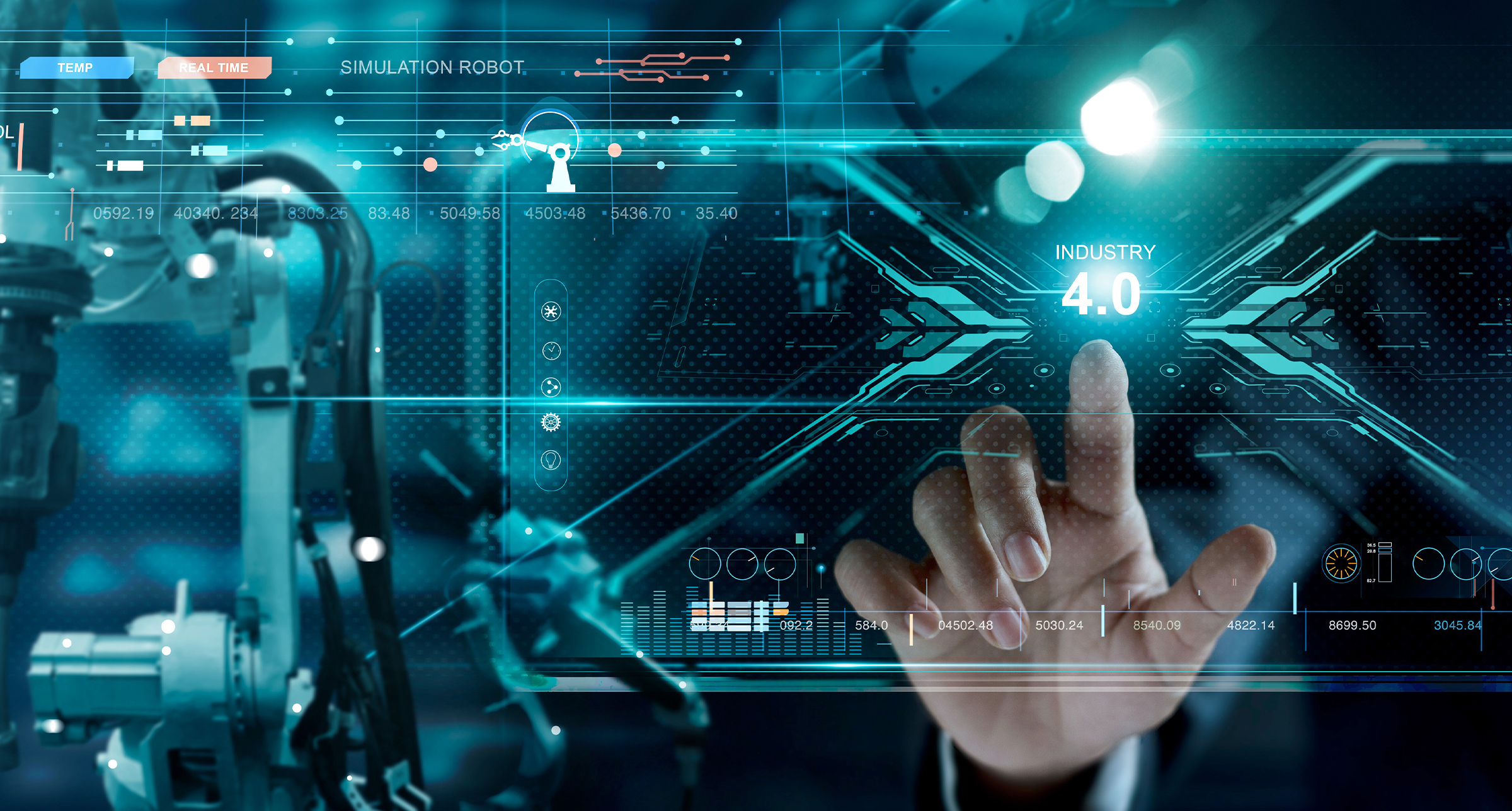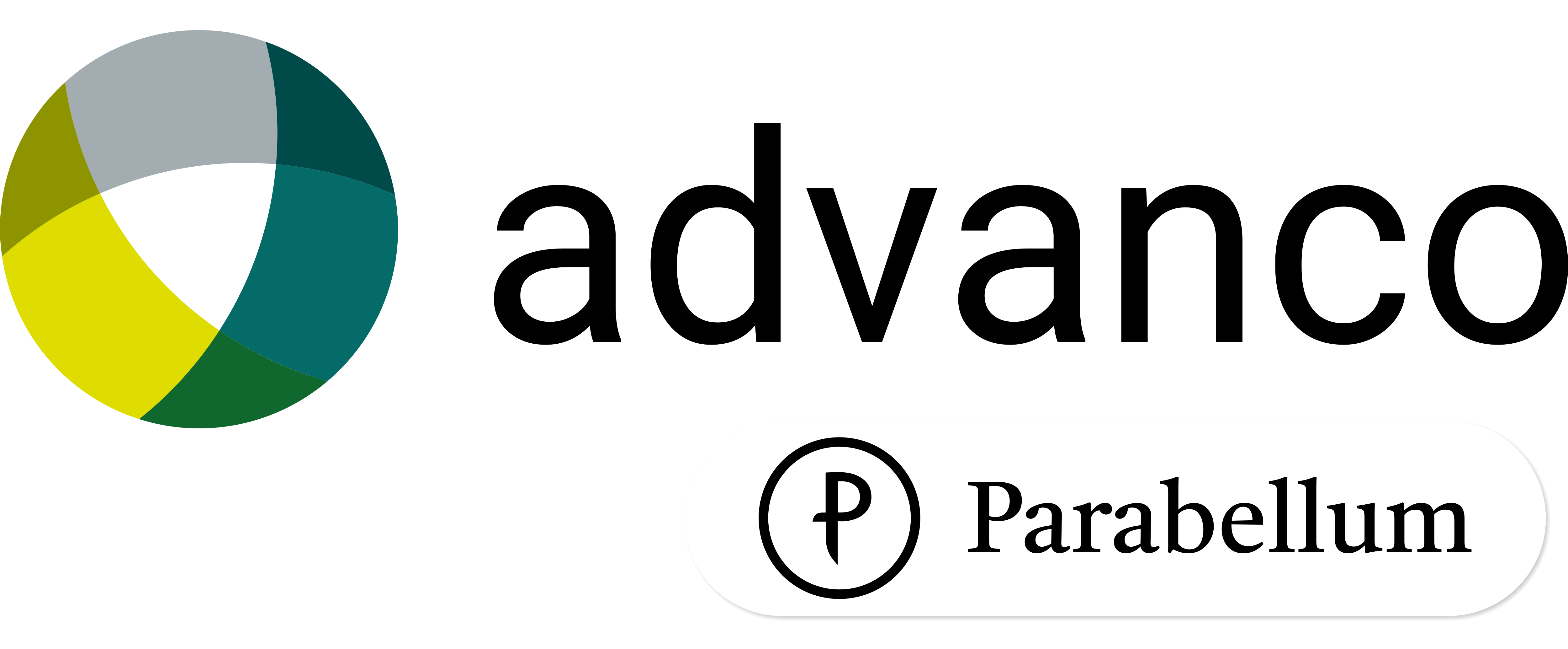Industry 4.0. Revolution or Evolution?
There has been much written about Industry 4.0., often referred to as the fourth industrial revolution, and the huge impact it is set to have on the pharmaceutical sector.
Indeed, so big will the impact be that it will be hard to pull them apart.

Digitalization is the common denominator between the two. Digitalization will sit right at the heart of Industry 4.0. and likewise, it will define the future of the pharmaceutical sector. However, as we all know, pharma is already being moulded by digital innovation. After all, pharma is one of the most high-tech industries out there, with robotics, AI and autonomous machines already common place in medicine and drugs production lines across the world.
Therefore, will Industry 4.0. really be the huge industrial revolution for the pharmaceutical sector that many commentators would have us believe?
Or will it be more accurate to see it simply as an industrial evolution, simply one step on from what we are already seeing today?
The impact of Industry 4.0.
Digitization sits at the very heart of Industry 4.0., a concept that will create new levels of transparency and adaptivity for a digitalized pharmaceutical plant floor.
Industry 4.0. incorporates cyber-physical systems, the Internet of Things, cloud computing, cognitive computing, robotics, and artificial intelligence, all of which will complement each other and work together in unison.
Therefore, on the surface, the impact of Industry 4.0. will be enormous, widely seen as revolutionizing the way the pharmaceutical sector works. Once only possible for international blue-chip corporations, robotics will become much more affordable and available to organizations of every size. From picking products at a warehouse to getting them ready to ship, autonomous robots will quickly and safely support manufacturers. Likewise, we will see distribution centers that will use autonomous cranes and trucks to streamline operations as they accept shipping containers from the ships.
Since connected machines collect a tremendous volume of data that can inform maintenance, performance, and other issues, as well as analyze that data to identify patterns and insights that would be impossible for a human to do in a reasonable timeframe, Industry 4.0 offers the opportunity for manufacturers to optimize their operations quickly and efficiently by knowing what needs attention.
We will also see logistics and supply chains optimized much more than we have seen before. A connected supply chain will adjust and accommodate when new information is presented. If, for example, a weather delay ties up a shipment, a connected system can proactively adjust to that reality and modify manufacturing priorities.
Are we already within Industry 4.0.?
There is an argument to say that many of these so-called Industry 4.0. advances are already in operation – and have been for some time now.
After all, pay a visit to pharmaceutical production lines across the world, and you are likely to see the roles that were once done by humans now being performed by robots, or autonomous machines. Indeed, long gone is the chatter of an army of people on the factory floor. Instead, often, all that can be heard is a multitude of space-age machines speaking with each other, all powered by the cloud.
Advanco’s own ARC platform already incorporates multiple aspects of what Industry 4.0. is expected to deliver. ARC MES/Cockpit, for example, the site management system that handles the entire serialization and aggregation processes, is fully capable of driving multiple automated systems within an open and secure interface technology.
Let us not forget, the pharmaceutical sector is facing growing challenges including globalization, great supply chain complexity, price and cost pressure, and the advent of personalized medicine. Add to this mix the ongoing problems being caused by counterfeiters who continue to ply their illegal trade in forged medicines, and you begin to understand that the sector is facing threats on multiple levels.
Industry 4.0. and the digital advances that have already been made by the pharmaceutical sector are key to tackling these challenges. That is why the sector is undergoing such rapid change – which has resulted in a seismic shift in how medicines and drugs are being produced, largely defined by the early adoption of multiple aspects of Industry 4.0.
Therefore, even if Industry 4.0. is another revolution, it is one that has already taken place.
Sounding a (human) note of caution.
It is easy to get carried away and think of Industry 4.0. driven future as being all about robotics and hyper-connected machines, completely devoid of the human touch.
However, this is far from the truth.
It is far too futuristic to simply say that the future will all be about machines and robotics. Yes, they will have a role to play – but there will still be room for the human touch, with the pharmaceutical sector being very much characterized by a hybrid working model.
For example, we are likely to see robots designed to interact physically with humans in collaborative environments. Working alongside people, they will increasingly become key to optimizing production and saving employees from doing monotonous and dangerous tasks. However, humans will remain very much in charge – we won’t be in the realms of Starwars just yet.
Conclusion
While Industry 4.0 has been called a new industrial revolution, when it comes to the pharmaceutical sector, it more closely resembles an evolution in which digitalization and automation meet very complex product portfolios and life cycles.
After all, we are already experiencing many aspects of Industry 4.0. We won’t just wake up one morning and see a “new” Industry 4.0. way of doing things, many parts of it are already here. Instead, we are seeing an ongoing digitalization evolution, something that is constantly changing thanks to the inroads being made by the experts who work within the pharmaceutical sector.
Finally, there will always be a role for humans. While Industry 4.0. and the developments we are already seeing are digitally driven and enacted by technology, we won’t see humans disappearing from the pharmaceutical sector just yet. Humans and machines will happily exist side by side in Industry 4.0. pharmaceutical production lines of the future – just as they are doing now.



